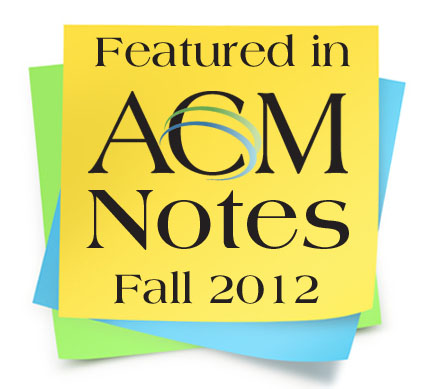“From my experience, students who go to Amman versus other areas [in the Middle East] come back with the most positive experience,” said Macalester College sociology professor Khaldoun Samman. “Consistently, very positive reviews.”
During ten years on the faculty and as coordinator of Macalester’s concentration in Middle Eastern Studies & Islamic Civilization, Samman has advised a lot of students who have studied abroad in that fascinating, complex part of the world.
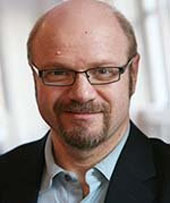 Khaldoun Samman
Khaldoun Samman
He can also recommend Amman – an ancient city that is now the bustling, cosmopolitan capital of Jordan – based on firsthand experience. Samman was born there, and although he moved to the U.S. with his family when he was a child, he has frequently visited Jordan over the years.
Next fall, he will return again, this time as the director of ACM’s new Jordan: Middle East & Arabic Language Studies program. The location and timing, he said, will be a real benefit to students.
With crises in other Middle Eastern countries – such as Lebanon, Iraq, and now Syria – Jordan’s political and social stability has attracted an influx of immigrants, many of them well-educated professionals, from across the region.
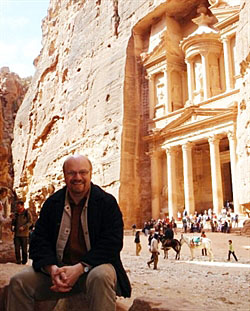 Khaldoun Samman visiting the historic site of Petra, Jordan
Khaldoun Samman visiting the historic site of Petra, Jordan
“I think we’re in a very interesting period now, after the Arab Spring,” said Samman. “You have a progressive core [of people] now who are very active and working in Amman, very close to where we will be, that the students can have access to.”
There are organizations working in a wide range of areas – human rights, women’s issues, economic development, and the arts, for example – and networking is the key for students to find ones that match their interests for independent study projects and extracurricular activities, according to Samman.
“One of the things that students always say when they go to Jordan is that people offer advice readily,” he noted. “That’s been my experience. I make contact with a couple of [organizations], and all of a sudden I’m connected to 20 different institutions and organizations that are working on all different kinds of things” because groups network with each other.
With a mix of courses and activities designed to engage students with the local culture, the ACM program will draw on Jordan’s openness and accessibility. Students will study Arabic language – important for meeting a wide range of Jordanians, Samman said – and choose among a variety of elective courses provided by ACM’s partner in Jordan, AMIDEAST, a leading American non-profit educational organization.
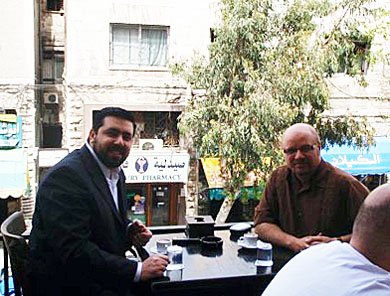 At a cafe in Amman, Khaldoun Samman with his cousin Mohammed Samman.
At a cafe in Amman, Khaldoun Samman with his cousin Mohammed Samman.
Living with local host families will give students an inside view of everyday life in Jordan, and AMIDEAST sets up excursions to historical and cultural sites in Amman and around the country. An independent study project provides a chance for students to pursue their individual interests in depth, and volunteer opportunities will be available through a course in Community-Based Learning.
In addition to helping students adapt to an unfamiliar culture and get settled in Amman, Samman will guide their independent projects and teach a course on Tourism and Historical Memory. The class will be one of the wide variety of electives offered in the AMIDEAST curriculum. “This will be the first time I’m teaching it,” he said, “and I’m really looking forward to it.”
The course will start off with background readings. “We’ll have some really good scholarly analysis of nationalism and the way it constructs the nation and produces historical memory, and specifically on how it’s done within tourist sites and museums,” Samman said.
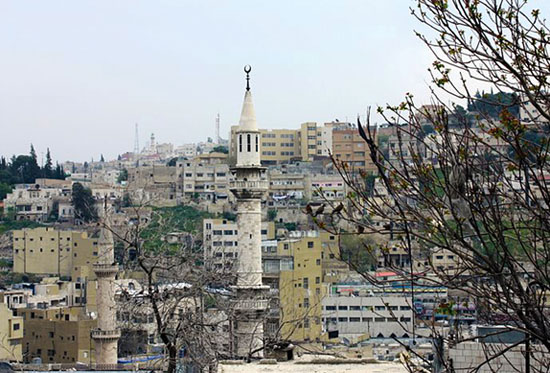 A view of Amman, Jordan. (Photo courtesy of AMIDEAST)
A view of Amman, Jordan. (Photo courtesy of AMIDEAST)
Throughout the semester, students in the class will visit a variety of tourist sites, from mosques to Roman ruins to museums, and analyze how those sites are being presented. How do the presentations portray the significance of the sites? Who is controlling the message at various sites – the government, particular institutions or organizations, religious entities? The students will use what they learn from the visits, their own observations, and talking to local residents to gain insights into Jordanian society and the historical narratives that are shaping the identity of the country and its people.
“A whole bunch of interesting questions are related to ethnicity and religion, affiliations and citizenship, [that] will vary depending on the kind of site it is, who is the dominant group and who is the minority,” Samman said. “You wouldn’t think a tourist site has much to say, but it does. I teach some of this in my classes [at Macalester], but it’s so different taking them there and showing them the sites.”
For the independent study projects, Samman will encourage students to use the same types of research methods he will emphasize in his course – interviews, participant observation, and studying the society they see all around them on the streets, in restaurants and bazaars, in community activities, and especially within their host families.
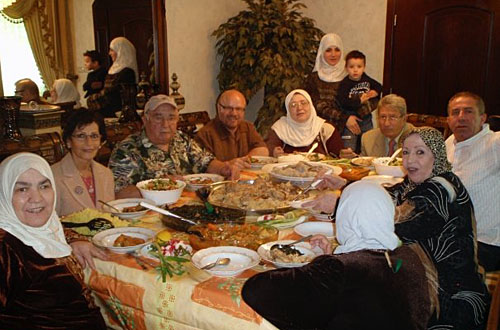 Khaldoun Samman dining with some of his close relatives at their home in Amman.
Khaldoun Samman dining with some of his close relatives at their home in Amman.
Music, literature, architecture, food, popular culture, and gender issues are just a few of the areas that are ripe with topics for students to investigate, according to Samman, and Jordan’s hospitable culture makes the country an excellent site for study.
A large majority of Jordanians are Muslims and have strong religious beliefs as well as a broad view of the world, he noted. By meeting Jordanians and getting to know them, students can more fully explore how the Middle East is portrayed and understood – or misunderstood – in the West within the context of their experience in Amman.
“The pluralism and tolerance levels of people on the ground are really tremendous, and that’s one of the things that surprises people [from the West] about Jordan,” he said. “Students will immediately feel that after a week in Jordan.”
“That’s something I always hear about from students when they come back [from Jordan],” said Samman. “They fall in love with it, they want to go back, and some do go back.”
Except as noted, all photos are courtesy of Khaldoun Samman.
Links:






